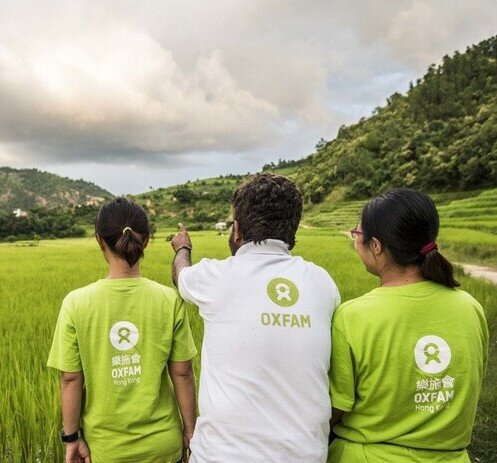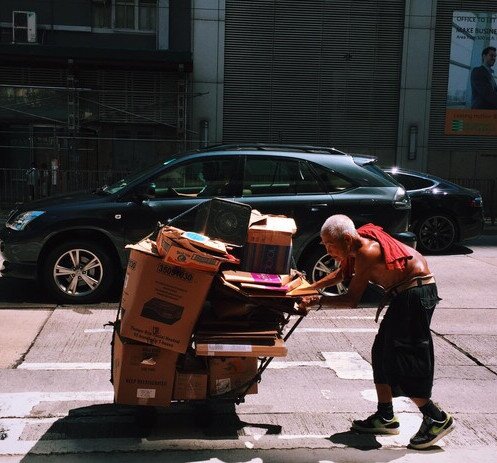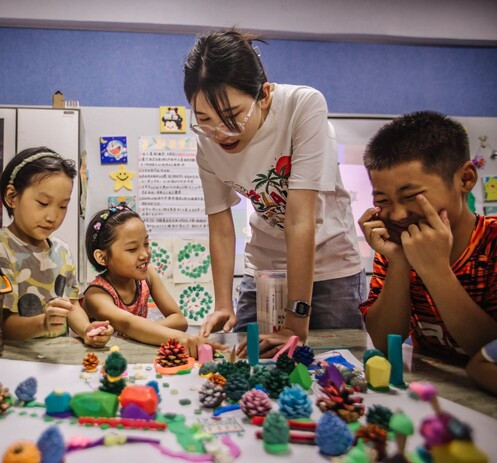Discrimination against women continues to fuel the inequality and poverty many of them experience. In fact, at least one in three women will experience some form of violence in their lifetime. And disability of any sort and the intersectionality of other factors can leave them further marginalised. That's why together with our partners, we support women empowerment projects amd campaigns that involve both women and men to break stereotypes and fight for gender equity. With their abilities enhanced, women can actively and responsibly claim rights for themselves and their communities.
Impact Stories
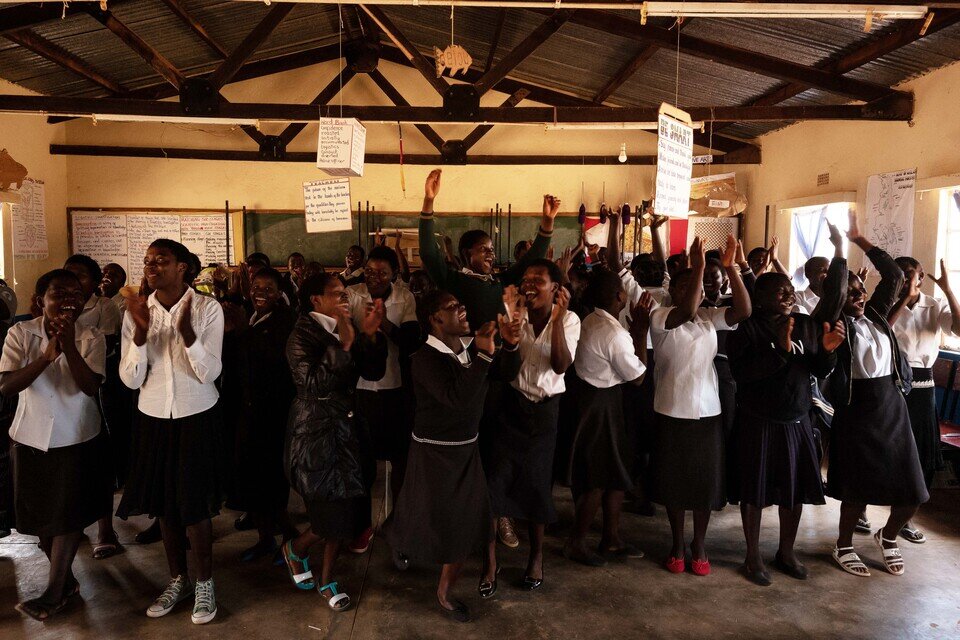
Malawi - Bringing Girls Back to School
Caption: Students at the Student Weekly Club. (Photos: Ko Chung Ming)
In 2018, 258 million youths and children were out of school around the world; around 97.5 million of these children lived in sub-Saharan Africa. Dropping out of school is common in Malawi, especially for girls in rural villages, who are the most vulnerable of groups.
Around a quarter of the country’s population lives in extreme poverty. With hunger being a very tangible reality, many families marry off their daughters early in exchange for dowries which help them escape poverty. That’s why Oxfam is working with local partners and the community to keep girls in school for a better future.
Classrooms in participating schools are often dim and crowded. And seeing two students to a desk – some on the floor – and three to a textbook is quite normal. Despite these conditions, students remain attentive because many were once dropouts, involved in child labour or even married off as children.
Girls are taught how to prevent sexual violence by teachers at school, and posters in the classroom teach students how to respond to it. Gender equity is also encouraged as both boys and girls have an equal chance of becoming a student leader.
Myths are debunked in sex education classes, which cover topics like the biological differences between girls and boys, and how menstruation occurs, so students learn about the facts from a scientific point of view. Boys and girls also compete in football matches after school, and learn about mutual respect and not conforming to unhealthy gender stereotypes in the process.
To foster a community that supports its girls to get an education, parent support groups were formed as part of the programme. For example, we’re providing the mothers’ group with sewing machines and new fabric to make absorbent and reusable sanitary napkins so girls who used to miss class during their period can stay in school. The mothers’ group and social workers also pay home visits to students who are absent from school, and offer assistance to their families. The fathers’ group also patrols the village to prevent students from experiencing sexual assault on their way to and from school.
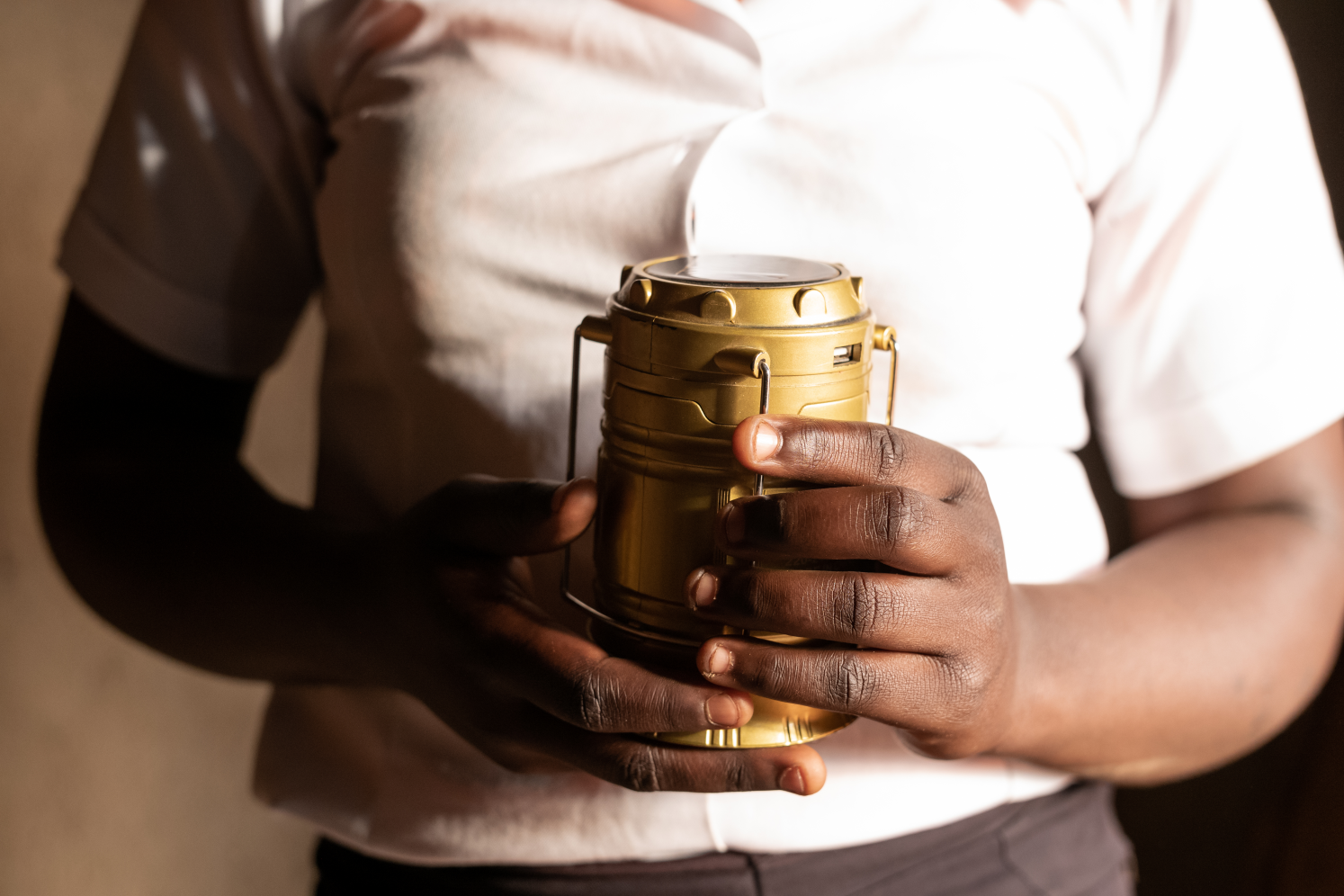
Matilda, a student at one of the participating secondary schools, said she walks six miles to school every day because she loves to learn at school. She hopes to become a nurse someday so she can serve the villagers. She said she’s proud of the solar-powered lamp she received for her good grades too: ‘Our village doesn’t have any electricity, so the solar lamp helps me study at night.’
Oxfam subsidises school fees for secondary school students from impoverished families, and 18-year-old Matilda was one of these students. Through the programme, which has been running for the past two years, we’ve prevented at least 80 child marriages, enabled over 40 child labourers to return home, and put over 600 students back in school.
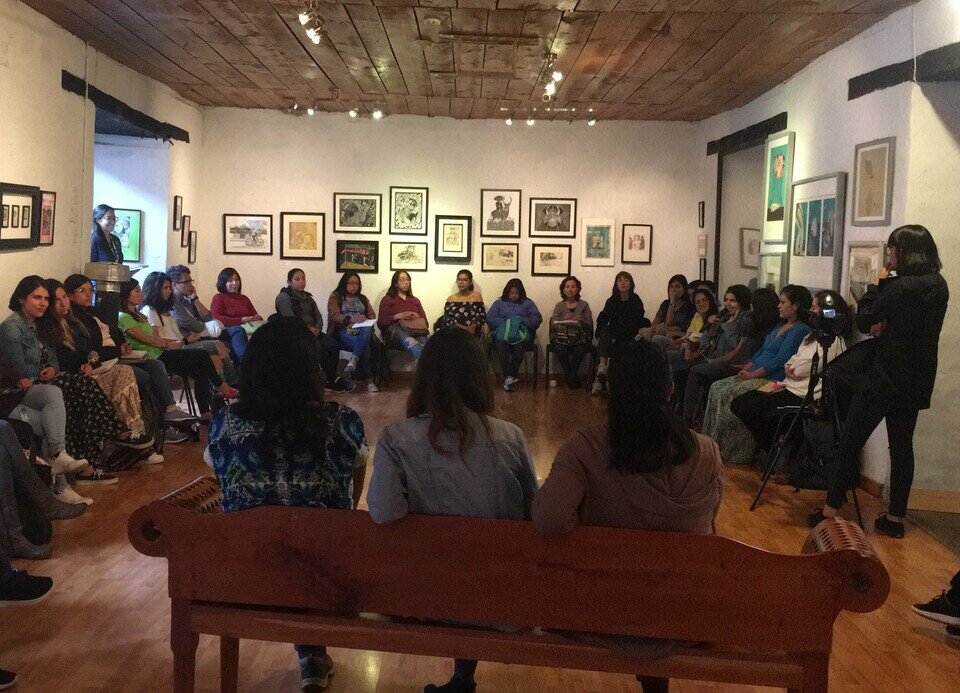
Mexico - Uprooting Gender Inequality
Caption: Oxfam Mexico organised Feminist Orbit, which is a safe space for women to talk about their experience of unpaid care work and unfair treatment. Through the event, women were also able to network each other to push for further action and policy change. (Photo: Meanna Yeung / Oxfam)
According to Oxfam’s report ‘Public Good or Private Wealth’, if all the care work in the world —from cooking to caring for loved ones —were paid and carried out by a single company, it’d have an annual turnover of US$10 trillion —43 times that of Apple.
While this is true globally, the heavy toll unpaid care work takes is especially felt byindigenous women in Mexico, as they already deal with everything from discrimination to violence and mistreatment. Chiapas is a state in Mexico with the largest indigenous population —a population that experiences a disproportionate amount of inequality, especially its women and girls.It’s also a state where the poverty rate is 77.1 per cent —grossly higher than the country-wide 43.6 per cent.
Girls in Chiapas have limited access to education, and in some cases, are even pulled out of school to help around the house. Statistics also show that women there spend 49.2 hours/week on domestic care work compared to the 16.3 hours men spend. This work is a type of work that’s essential to society; itnot only confines women to the home and limits their career opportunities, but also means most can only take up informal or precarious work that’s poorly paid and lacks labour protections.
Seeing this, Oxfam partnered with At’el Antsetik, a grassroots organisation established by five young indigenous women. The organisation empowers women by improving their literacy so they can learn about and defend their labour rights; offering basic health services, so women can also take care of themselves as access to public health in Mexico is dependent on one’s formal employment; and providing workshops so women learn about everything from herbs’ medicinal properties to how to cultivate them for themselves and women in the community.
Talking about why she cofounded this organisation, Ángeles del Rosario Gómez López said, ‘I was once an unpaid care worker. I’m an indigenous person and I started working [as a domestic worker] since I was 13. I needed to work very hard to balance my work and studies, so I don’t want others to suffer like me.’
Over the past three years, At’el Antsetik has grown. With Oxfam’s support, they hired their first full-time staffers, built facilities like medical and childcare rooms, and are working with other organisations to mobilise even more people to empower women in the community. While unpaid care work is a topic that’s just beginning to gain relevance in the public agenda, it’s still receiving very little attention. Seeing At’el Antsetik’s trajectory though, it’s clear At’el Antsetik and Oxfam will change the lives of more women and make their voices heard.
Every Wednesday At’el Antsetik’s staffgather together to produce handmade granola tofundraise and provide affordable nutritious food to the villagers around them.
Oxfam Hong Kong staff with the women who produced the granola.


